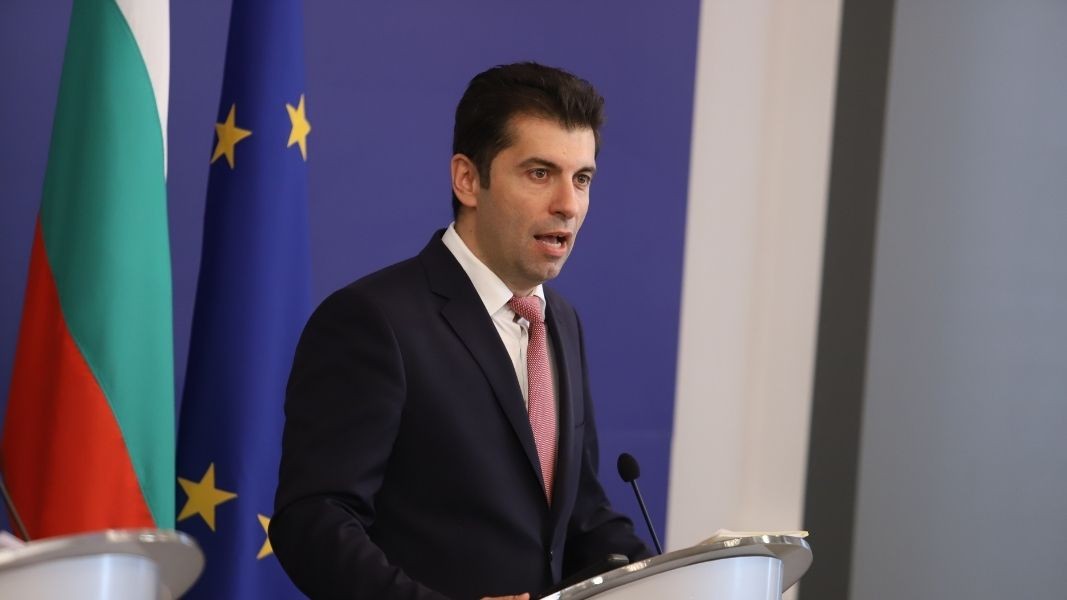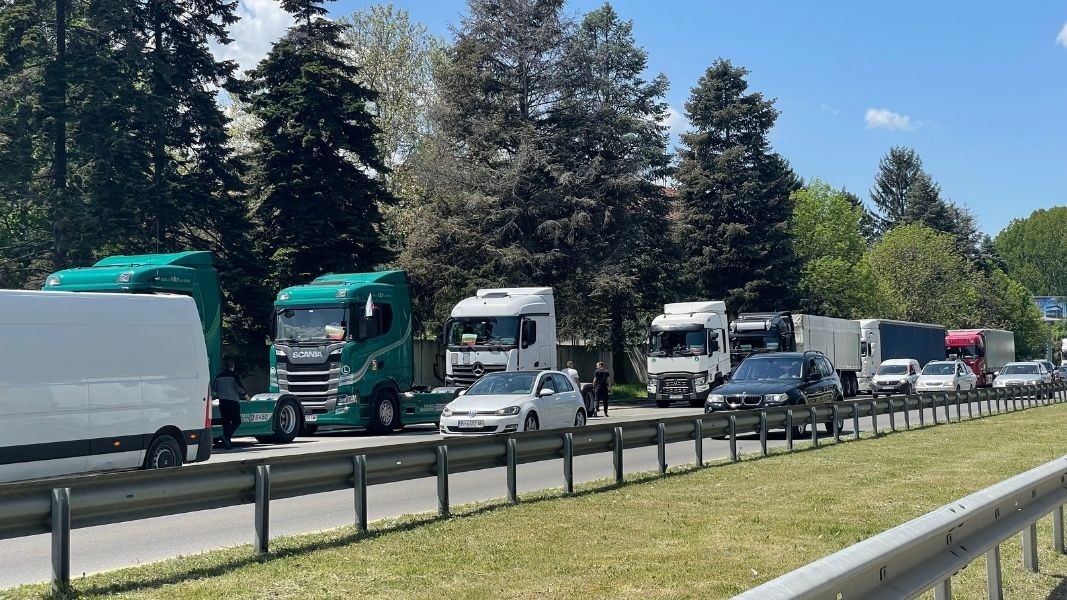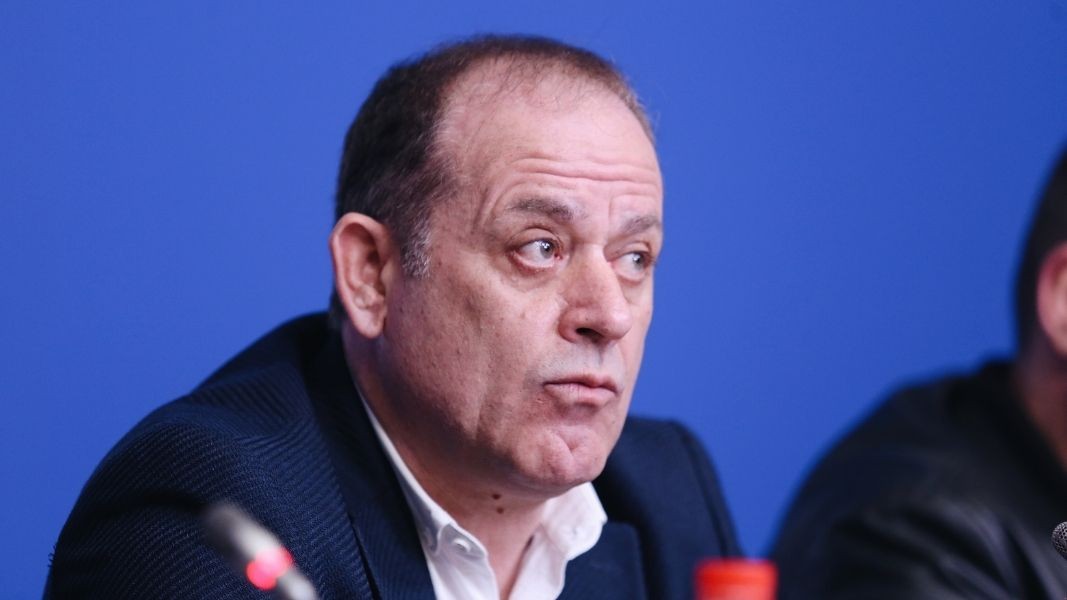Economic instability, the result of the war in Ukraine, and the growing energy prices have been producing a sense of turbulence and a fear of the future among entrepreneurs in Bulgaria, but also among the public. Right from the start of these processes, employer organizations and trade unions have been demanding adequate measures of assistance that will make production costs more predictable. To this end, a number of sectors declared they were ready to organize nationwide protests on 18 May.
In an attempt to ease tension, Finance Minister Assen Vassilev announced that the government was working on a package of anti-inflation measures worth close to 2 billion Leva.
And even though no accord has been reached on them by the four parties that make up the coalition government, Prime Minister Kiril Petkov negotiated, with the employers, compensations for the high gas and electricity prices for May and July, amounting to 80% of the increase in the price of electricity for sums of over 200 Leva per MWh.

Businesses, on their part, stated that they would postpone the protests scheduled for 18 May, but that they stand ready to go on protest until the time “the government begins to live up to the commitments it has assumed”.
“The government evidently appreciates the situation, because there was going to be a big non-political protest,” comments Emil Kolarov, chairman of the Bulgarian Restaurant Association. “The protest has not actually been cancelled, it has been put on hold,” he said in an interview with the BNR. In his words, more than 30,000 people were expected to come out to protest in the Sofia city centre – “all employer organizations, all member professional organizations in the sector, all trade union organizations”.

Yet, tensions in the transport sector continue to run high. Prime Minister Kiril Petkov is to hold a meeting with transport operator organizations in the country (scheduled for 3 PM today), which have not abandoned the idea of protests, protest applications having already been submitted in many cities in the country, among them Plovdiv, Varna, Burgas, Ruse, Pleven. The sector opposes the plan to extend the toll system in the country as of July, and expects measures to be taken to address the high fuel prices. Their demands on the government – scrapping the requirement for the bio-component in fuels and reducing excise duty by 50% for a period of 6 months – were submitted two months ago. According to the sector, these measures will curb inflation growth in the country, they are economic, not political.
“All issues that will be discussed have been cleared up. Demands have been raised clearly, and they have to be met,” Yordan Arabadzhiev, Executive Director of the Union of International Haulers said for the BNR.

He expects fuel prices to be at the focus of the talks. “It is commendable that the government has decided to give members of the public some kind of discount, albeit a minimal one (25 stotinki per litre of fuel when they fill up 50 litres per person – editorial note), but we expect to see a decision regarding businesses as well – when the supply chain was broken right at the start, that means a rise in the prices of all commodities. After the first protest on 27 April we said we were giving them 20 days to come up with a decision on the measures we are proposing. Tomorrow is the 20th day. For us, promises are not the same thing as putting measures in place,” Yordan Arabadzhiev commented, and added that the protests are not going to block traffic entirely, and that cars will be allowed to pass. Public transport in Sofia is also expected to join the protest, with services stopping at 9.30 AM tomorrow, Yordan Arabadzhiev says.
Compiled by Elena Karkalanova
Photos:A Christmas tree with Bulgarian decorations has been placed in a central location at the Griffin Museum of Science and Industry in Chicago. For the fifth consecutive year, Bulgarians living in Chicago crafted the lavish decoration of the Bulgarian..
The usurpation of cultural heritage is one of the many inevitable consequences of any military conflict, both historically and today. Until the end of the war in Ukraine, it is impossible to adequately analyse the extent of the damage caused to the..
Athens plans to modernise the Greek army by 2030 Greece's Defence Minister Nikos Dendias presented the plan for changes in the army to the parties in parliament. The reforms will cover all three branches of the military. By 2030, 33 units..
Nuredin Nuredinaj comes from the historical-geographical region of Gòra in Northeastern Albania, where 90% of the inhabitants identify themselves as..
Halva, this sweet temptation with an oriental twist, is a welcome delicacy on the Bulgarian table, especially on holidays. Judging by the descriptions of..

+359 2 9336 661
